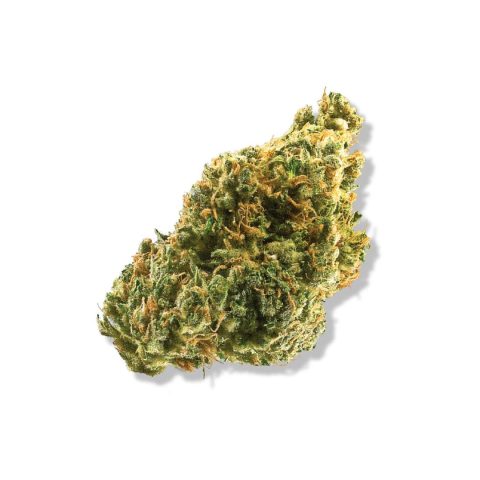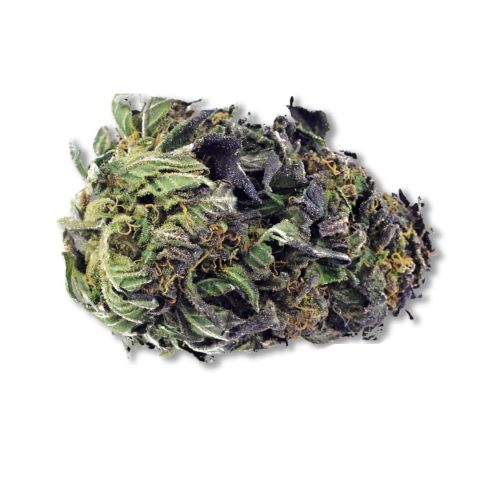Cannabis in Rastafarian Rituals
An integral facet characterizing Rastafarian culture revolves around the utilization of cannabis, commonly denoted as “ganja.” This hallowed herb assumes a central and sacred role in their ceremonial customs and spiritual endeavors, facilitating a profound connection with the divine realm.
Lamb’s Bread: A Sacred Strain
The Mythical Origins
Lamb’s Bread, alternatively recognized as “Lamb’s Breath,” occupies a legendary stature within the annals of Rastafarian mythology. It is firmly believed to be the strain of cannabis that served as the wellspring of inspiration for Bob Marley, the iconic Rastafarian musician and revered figure in the realm of reggae music, nurturing the genesis of some of his most profoundly influential musical compositions.
The Unique Properties
Lamb’s Bread is celebrated for its unique properties. Its uplifting and energizing effects are said to stimulate creativity, making it a favored strain for artists and musicians. Rastafarians believe that it facilitates a deeper connection with the spiritual realm.
The Role in Rastafarian Spirituality
Communion with the Divine
Rastafarians use Lamb’s Bread in their spiritual ceremonies as a means of communion with the divine. It is smoked during “reasoning sessions” where the community gathers to discuss faith, philosophy, and life.
Healing and Meditation
Apart from its spiritual significance, Lamb’s Bread is also considered a powerful healer. It is used for meditation and as a remedy for various ailments, further emphasizing its importance in Rastafarian culture.
The Cultural Impact
The Spread of Rastafarian Culture
Across the passing years, Rastafarian culture has surpassed its origins in Jamaica and evolved into a worldwide phenomenon. Lamb’s Bread, with its distinctive role within this culture, has played an instrumental part in enhancing its global resonance and allure.
Influence on Art and Music
Rastafarianism and Lamb’s Bread have left an indelible mark on art and music worldwide. From the reggae rhythms of Bob Marley to the visual arts, their influence is palpable.
Conclusion: Embracing the Mystique
As we embark upon the journey of unraveling the mysteries enshrouding Rastafarian culture and delve into the profound significance of the Lamb’s Bread strain, a multifaceted revelation emerges. This culture transcends mere superficial observations, revealing itself as an intricately woven tapestry interlacing spirituality, resilience, and boundless creativity. At its very core, Lamb’s Bread assumes a pivotal role, acting as a conduit that bridges the terrestrial and the divine realms.
FAQs
Q. Is Lamb’s Bread legal in Jamaica?
A. Yes, Lamb’s Bread is illegal in Jamaica for recreational use but is decriminalized for religious and medicinal purposes within the Rastafarian community.
Q. What are the spiritual beliefs of Rastafarians?
A. Rastafarians uphold a profound belief in the divinity of Emperor Haile Selassie of Ethiopia, ardently advocate for the concept of repatriation to the African homeland, and venerate cannabis as a sacred sacrament.
Q. How did Lamb’s Bread get its name?
A. Lamb’s Bread earned its name due to its reputation for being a “spiritual food” that nourishes the soul, much like bread nourishes the body.
Q. Is the Lamb’s Bread strain available outside Jamaica?
A. Indeed, Lamb’s Bread has garnered international acclaim, making its presence felt on a global scale. It is now readily available through specific dispensaries and select online retailers in regions where the legality of cannabis has been established.
Q. What is the significance of the “reasoning sessions” in Rastafarian culture?
A. The practice of reasoning sessions serves as a communal form of meditation and discourse, serving as a platform where Rastafarians congregate to exchange knowledge, wisdom, and spiritual revelations. These gatherings harness the catalytic power of Lamb’s Bread to facilitate profound contemplation and reflection.










